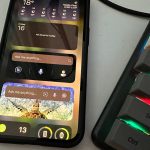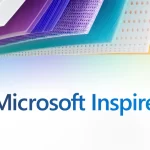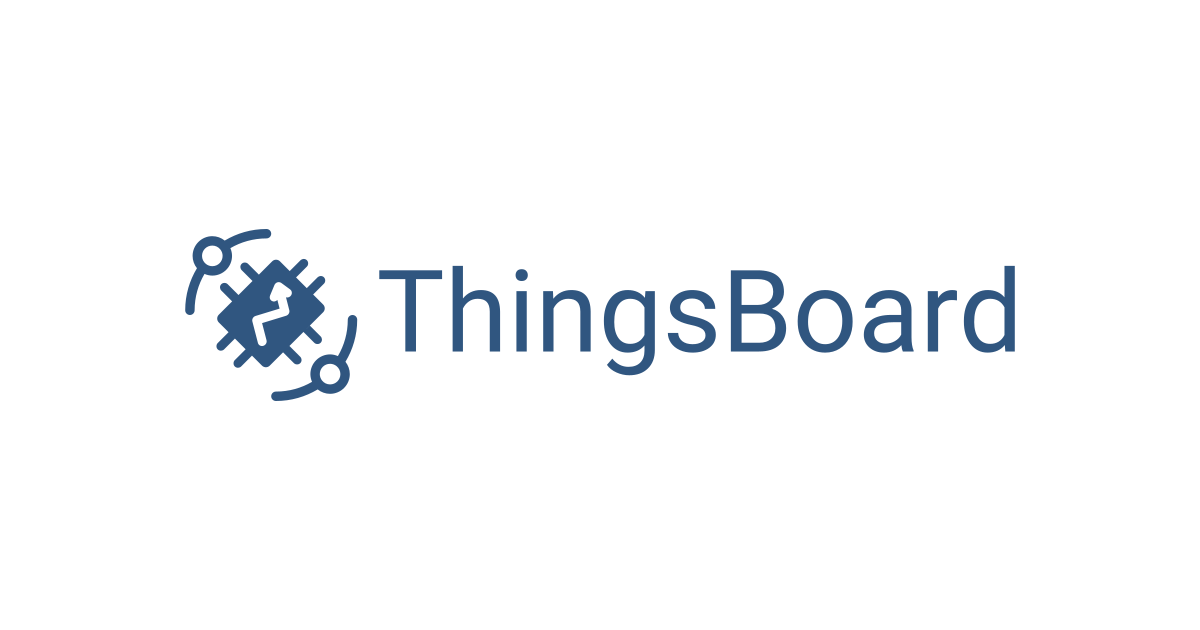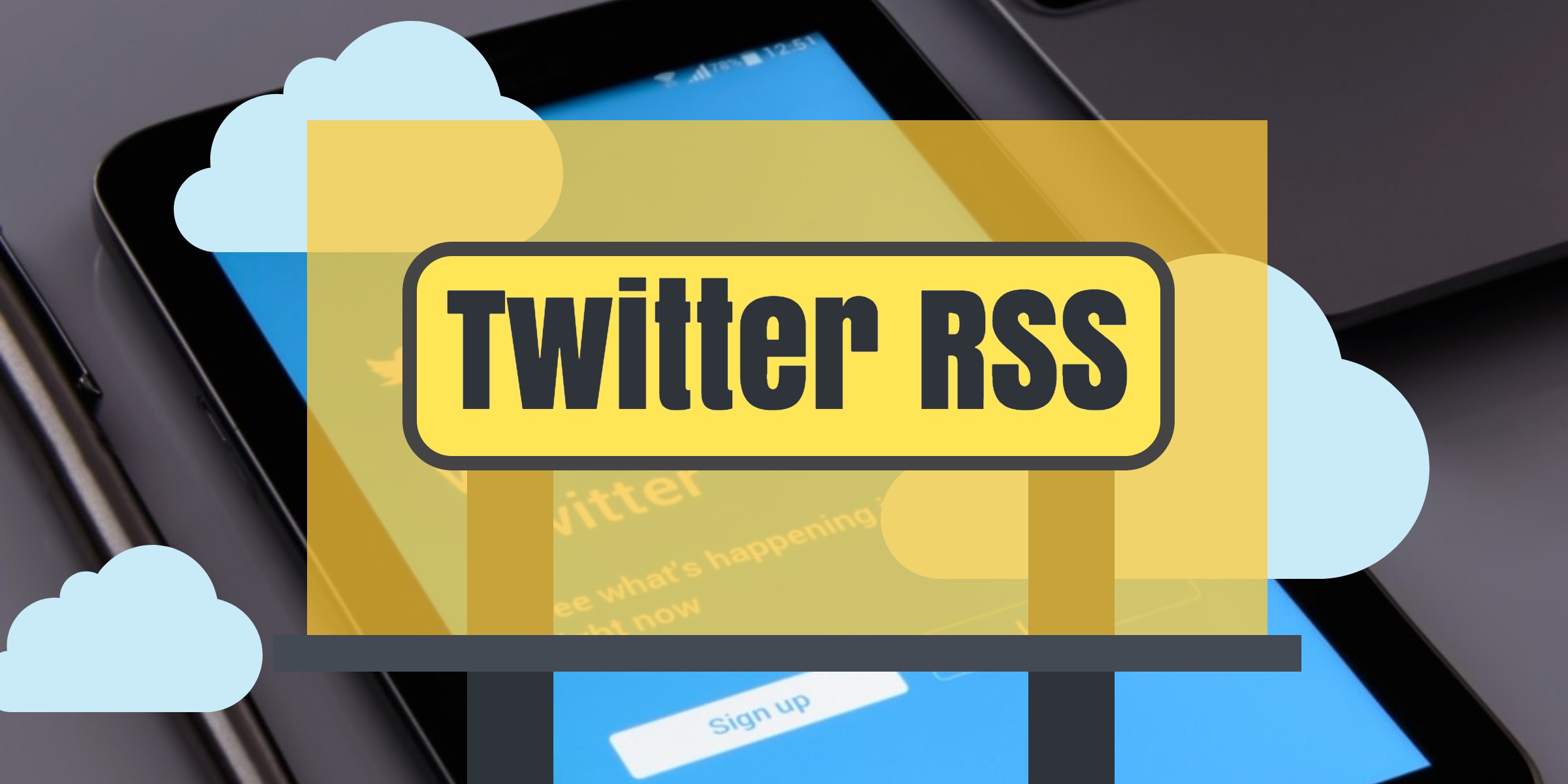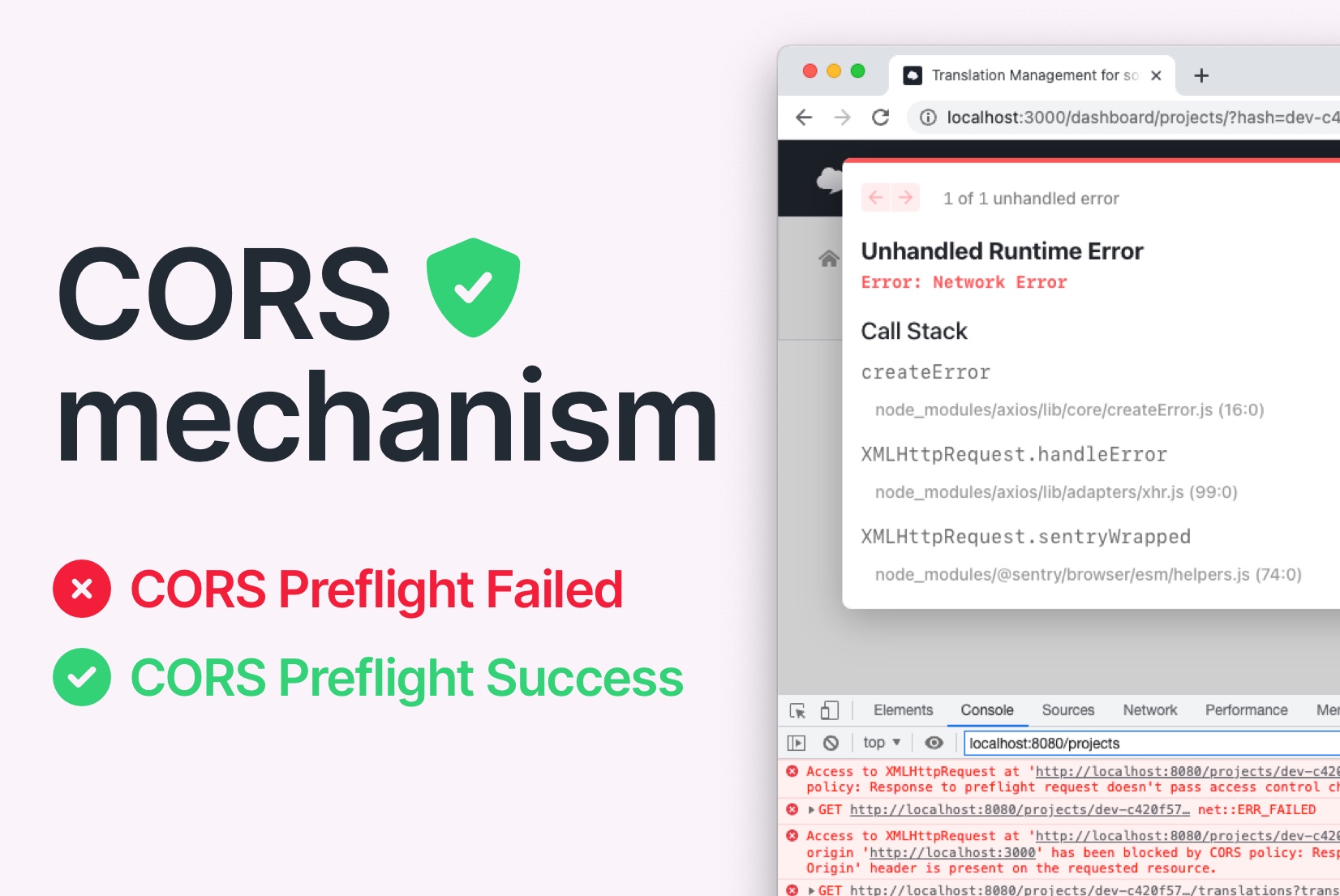Exploring the Best ThingsBoard Alternatives for Your IoT Projects
The Internet of Things (IoT) has revolutionized the way we interact with our environment. From smart homes to industrial automation, IoT technologies are reshaping our daily lives and transforming industries. At the heart of these innovations lie IoT platforms that enable seamless device management, data collection, and analytics. One such popular platform is ThingsBoard, known for its robust features and ease of use. However, the rapidly evolving IoT landscape has birthed several other powerful alternatives worth considering. In this blog post, we will explore some of the best ThingsBoard alternatives for your IoT projects.
-
Node-RED
Node-RED is an open-source, visual programming tool developed by IBM that provides a flow-based approach to IoT application development. With its intuitive drag-and-drop interface, Node-RED allows developers to connect various IoT devices and services easily. It supports a vast number of integrations and possesses a vibrant community, offering an extensive range of pre-built nodes that simplify IoT development. Its ability to integrate with cloud platforms and databases makes it a versatile choice for various projects.
-
Losant
Losant is a powerful IoT platform that excels in providing enterprise-grade solutions. It offers a comprehensive suite of tools to build, deploy, and scale IoT applications. Losant provides features such as real-time data visualization, device management, and sophisticated workflows. With its focus on customization and extensibility, Losant empowers developers to tailor their IoT solutions to meet specific requirements. Its strong analytics and reporting capabilities make it an attractive choice for complex IoT projects.
-
Ubidots
Ubidots is a user-friendly IoT platform that caters to both beginners and experienced developers. It offers a straightforward interface for building and deploying IoT applications with minimal coding knowledge. Ubidots enables seamless integration with various IoT devices and cloud services. Moreover, it provides customizable dashboards and widgets for data visualization, making it easy to present insights to stakeholders. Additionally, Ubidots’ support for multiple communication protocols ensures compatibility with a wide range of IoT devices.
-
Kaa IoT Platform
Kaa is an open-source IoT platform that allows developers to create feature-rich and scalable IoT applications. With a focus on security and data privacy, Kaa ensures that your IoT projects meet industry standards. It offers various SDKs and connectors to facilitate seamless integration with different devices and cloud services. Kaa’s extensible architecture enables custom module development, enabling you to tailor the platform to your specific needs.
-
Blynk
Blynk stands out as a popular IoT platform for prototyping and creating simple projects rapidly. It offers a user-friendly mobile app to control IoT devices and visualize data effortlessly. Blynk’s simplicity lies in its drag-and-drop interface, making it an excellent choice for hobbyists, beginners, and DIY enthusiasts. While it may not suit complex enterprise projects, Blynk’s ease of use and fast deployment make it a great choice for small-scale IoT applications.
-
Thinger.io
Thinger.io is an open-source IoT platform that boasts a robust set of features for building IoT applications. It provides easy-to-use APIs and SDKs, making it a breeze to integrate IoT devices and cloud services. Thinger.io offers powerful data visualization tools, allowing developers to create customizable dashboards and real-time charts to monitor and analyze data effectively. With its built-in rule engine, Thinger.io enables the implementation of automated actions and notifications based on specific events, making it suitable for both industrial and smart home applications.
-
Particle.io
Particle.io is a popular IoT platform designed for easy prototyping and scaling IoT projects. It supports a wide range of IoT connectivity options, including Wi-Fi, cellular, and mesh networks. The platform offers over-the-air (OTA) updates, enabling remote firmware updates for connected devices. Particle.io also integrates smoothly with third-party cloud services and tools, providing developers with the flexibility to extend the platform’s capabilities. It’s ideal for startups and entrepreneurs looking to quickly build and deploy IoT solutions.
-
IBM Watson IoT Platform
IBM Watson IoT Platform is an enterprise-grade IoT solution that leverages the power of artificial intelligence and advanced analytics. With its cognitive capabilities, developers can gain deeper insights into data, enabling predictive maintenance and anomaly detection. The platform offers secure and scalable device management, making it suitable for large-scale IoT deployments. Moreover, IBM Watson IoT Platform supports integration with various industry-specific applications, making it a go-to choice for businesses seeking end-to-end IoT solutions.
-
AWS IoT Core
Amazon Web Services (AWS) IoT Core is a robust and highly scalable platform that enables seamless communication between connected devices and the AWS cloud. As part of the AWS ecosystem, it offers a wide array of services for data storage, analytics, and machine learning. AWS IoT Core supports various device protocols, including MQTT and HTTP, making it versatile for integrating diverse IoT devices. With AWS IoT Core, developers can create complex IoT applications with high reliability and security, backed by Amazon’s extensive infrastructure.
-
Microsoft Azure IoT Hub
Microsoft Azure IoT Hub is a cloud-based platform that facilitates secure device connectivity and communication. It provides seamless integration with Microsoft’s Azure services, allowing developers to leverage Azure’s extensive tools for data processing, machine learning, and storage. Azure IoT Hub offers bi-directional communication between devices and the cloud, enabling real-time control and monitoring of connected assets. It also supports advanced security features, including device authentication and access control, making it a top choice for IoT applications in industries such as healthcare and manufacturing.
In conclusion, the IoT ecosystem is teeming with diverse platforms catering to different needs and use cases. While ThingsBoard is a robust and reliable choice, exploring alternatives can lead to discovering platforms better suited to your specific project requirements. Whether it’s the visual programming capabilities of Node-RED, the enterprise-grade features of Losant, the simplicity of Blynk, the ease of use of Ubidots, or the extensibility of Kaa, each alternative brings its unique strengths to the table.
When choosing the best IoT platform for your projects, consider factors such as scalability, customization options, data security, ease of integration, and analytics capabilities. Conducting thorough research and testing different platforms can help you make an informed decision and ensure your IoT project’s success.
Embrace the transformative potential of IoT technologies by selecting the right platform to turn your innovative ideas into reality, and watch your IoT projects thrive in the connected world. Happy building!
